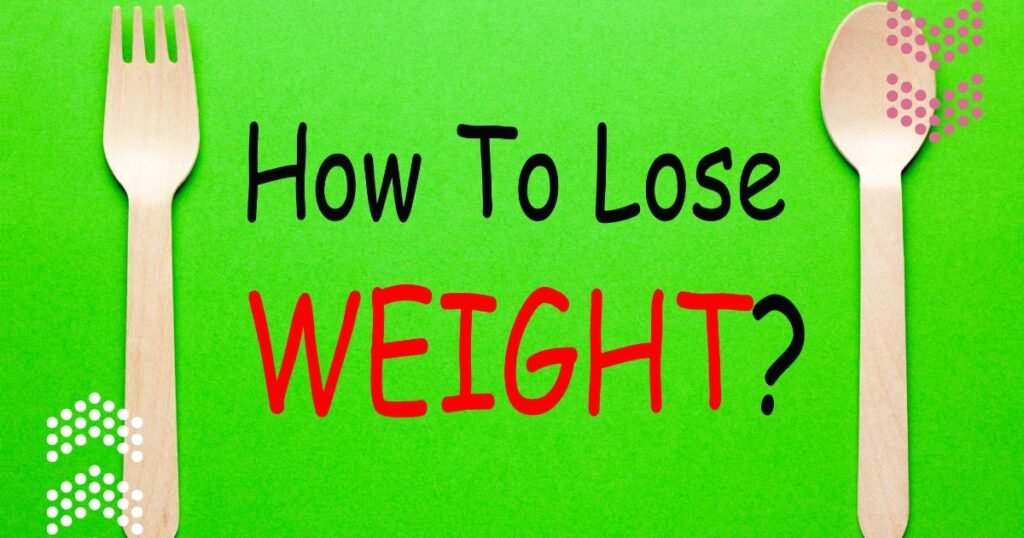How Stress Disrupts Sleep and Leads to Weight Gain in Women
Stress, sleep, and weight gain are interconnected in ways many women may not realize. Chronic stress impacts hormones, disrupts sleep cycles, and leads to weight gain, particularly around the abdomen. Understanding this connection is crucial for managing weight effectively.
Understanding the Stress Response in Women
The Role of Cortisol in Stress
Cortisol is often called the “stress hormone” because it’s released during stressful situations. In women, chronic stress can lead to sustained high cortisol levels, causing the body to hold onto fat, especially around the belly area. Elevated cortisol not only makes it harder to lose weight but also affects overall health.
Impact of Stress on Hormones in Women
Stress doesn’t just affect cortisol levels. It also disrupts the balance of other hormones, like estrogen and progesterone, which play a significant role in weight management. Hormonal imbalances triggered by stress can lead to weight gain, particularly in areas where women naturally store more fat, such as the hips and thighs.
Psychological and Physical Stressors in Women
Women often face unique stressors, such as balancing careers, family, and societal expectations. These psychological and physical stressors add to the overall stress burden, contributing to poor sleep and increased weight gain.
The Connection Between Stress and Sleep Disruption in Women
How Stress Affects Sleep Cycles
Stress disrupts your body’s natural circadian rhythms, which regulate sleep cycles. High cortisol levels in the evening can prevent women from falling asleep and staying asleep. Over time, this leads to sleep deprivation, which has a direct impact on weight management.
Insomnia and Restlessness Due to Stress
Chronic stress often leads to insomnia and restlessness, preventing women from getting the deep and restorative sleep they need. A lack of quality sleep can result in feeling tired and irritable the next day, making it even harder to manage stress levels effectively.
Stress and Sleep Disorders in Women
Women are more likely than men to suffer from stress-related sleep disorders like insomnia and restless leg syndrome. These issues make it difficult to get the quality sleep necessary for maintaining a healthy weight.
Why Sleep is Critical for Weight Management in Women
The Role of Sleep in Regulating Hunger Hormones
Sleep is vital for regulating hunger hormones, particularly leptin and ghrelin. Leptin signals to your brain that you’re full, while ghrelin increases hunger. Sleep deprivation disrupts these hormones, causing women to feel hungrier and more likely to overeat.
How Lack of Sleep Leads to Overeating
Women who are sleep-deprived often experience cravings for high-calorie, sugary foods. This is because poor sleep affects the brain’s reward system, making unhealthy food more appealing. Over time, this leads to weight gain.
Impact on Metabolism
Sleep deprivation slows down your metabolism, making it harder to burn calories efficiently. When combined with poor eating habits, this can contribute to fat storage, particularly in the abdominal area.
Stress, Sleep Disruption, and Weight Gain in Women
Stress Eating as a Coping Mechanism
Many women turn to food as a coping mechanism for stress. This is often referred to as “stress eating,” and it usually involves craving comfort foods that are high in fat and sugar. Stress eating, combined with disrupted sleep, can lead to significant weight gain over time.
Increased Cortisol and Fat Storage
Elevated cortisol levels due to stress are closely linked to increased fat storage, particularly around the belly. This is a major concern for women, as abdominal fat is associated with a higher risk of cardiovascular disease. Read more about how cortisol affects women’s weight gain.
Sleep Deprivation and Physical Inactivity
When women are sleep-deprived, they tend to feel less motivated to exercise. This leads to reduced physical activity, making it harder to burn calories and maintain a healthy weight. The combination of stress, poor sleep, and lack of exercise contributes to long-term weight gain.
Breaking the Cycle: How Women Can Improve Sleep and Manage Stress for Weight Loss
Mindfulness and Relaxation Techniques for Stress Management
Mindfulness practices like meditation, deep breathing exercises, and yoga are excellent ways for women to manage stress and improve sleep quality. These practices help lower cortisol levels and promote a sense of calm, making it easier to fall asleep at night.
Creating a Healthy Sleep Environment
Women can improve sleep quality by creating a relaxing sleep environment. This includes limiting screen time before bed, ensuring the bedroom is dark and cool, and establishing a consistent bedtime routine. These small changes can make a significant difference in both stress levels and sleep quality. Learn how sleep affects diet and weight loss.
Nutritional Support for Stress and Sleep
Certain foods and supplements can help women manage stress and sleep better. Foods rich in magnesium, such as leafy greens and nuts, promote relaxation, while herbal teas like chamomile can aid in sleep. Some women also benefit from taking supplements like melatonin to regulate their sleep cycles.
Exercise and Stress Relief
Exercise is an excellent way for women to manage stress and improve sleep quality. Regular physical activity not only reduces stress levels but also helps regulate the body’s natural sleep-wake cycle, leading to better sleep and more effective weight management.
Long-Term Benefits of Better Stress and Sleep Management for Weight Loss in Women
Sustained Weight Loss and Fat Reduction
By managing stress and improving sleep, women can achieve sustained weight loss and fat reduction, particularly around the belly. Over time, this leads to a healthier body composition and improved overall health.
Improved Hormonal Balance
Better sleep helps regulate hormones like leptin and ghrelin, reducing cravings and overeating. Additionally, women may experience a more balanced level of estrogen and progesterone, which also contributes to better weight management.
Increased Energy Levels and Motivation
When women get sufficient, restful sleep, they feel more energized and motivated to stick to their fitness and weight loss goals. Increased energy levels make it easier to stay active and maintain a healthy diet, creating a positive feedback loop.
Conclusion
Stress and sleep disruption are significant contributors to weight gain in women. By understanding the connection between stress, sleep, and weight management, women can take practical steps to improve both their mental and physical health. Managing stress through mindfulness, improving sleep hygiene, and staying active are key strategies to support long-term weight loss and better overall well-being.
For more information on how cortisol and stress affect women’s weight, visit our blog. Be sure to browse our website for resources like women-only fitness programs, healthy recipes, and more tools to help you achieve your weight loss goals.
FAQs
How does stress affect sleep in women?
Stress causes elevated cortisol levels, which disrupt natural sleep cycles, leading to poor sleep quality and insomnia.
Can lack of sleep really lead to weight gain?
Yes, lack of sleep affects hunger hormones, leading to overeating, slowed metabolism, and increased fat storage, especially around the abdomen.
What are some practical tips for managing stress and improving sleep?
Incorporate mindfulness techniques, establish a consistent bedtime routine, and focus on a relaxing sleep environment to improve sleep quality.
Why does stress increase cravings for high-calorie foods?
Stress disrupts the balance of hunger hormones, causing cravings for high-sugar, high-fat foods as a form of comfort or emotional relief.
How can women break the cycle of stress, sleep disruption, and weight gain?
Women can break the cycle by managing stress through mindfulness, improving sleep hygiene, and incorporating regular physical activity.


